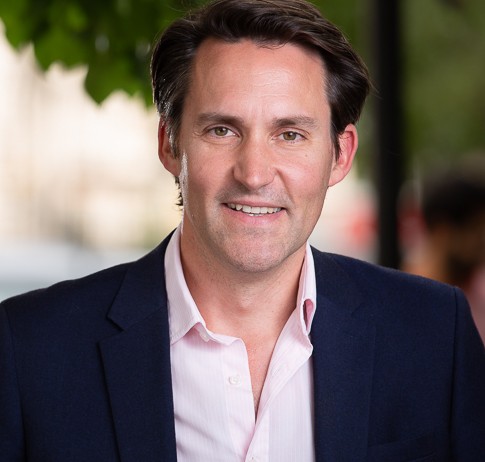Family offices around the world have become increasingly active and sophisticated in their investments into innovations. Various fascinating themes have surfaced, but two, in particular, are clear and will be evidently at play in 2021 and beyond.
One is that impact and sustainability innovation is an increasingly interesting and necessary area of focus for entrepreneurs, although the pace of change is to some extent being hampered by the source of capital.
Secondly, the meteoric rise of the “New Money” family office and the latest generations of more established family offices becoming more influential within their families who want to make a difference through investments.
From economic return to impact investment
The increase in popularity of venture capital investing in the mid-80s led to the creation of tax-efficient investment structures incorporating entities such as limited partnership funds. Structures which, by their design, are intended to have a relatively short life and deliver the potential for high internal rate of return (IRR).
However, a focus on IRR does not always sit well with a business aspiring to achieve impact or even a triple bottom line (profit, people and planet). This is a source of historic conflict for investors. One fund which has done well to dispel this theory is the Environmental Technologies Fund (ETF) in the UK – which prides itself on helping younger European companies bring sustainability through innovation.
As a broad observation, the closer one is to the source of capital, the greater the empathy, which is where family offices (similar to founder funds such as Sweet Capital — an early-stage investment fund built by the founders of gaming company King.com, of Candy Crush success — that is dedicated to backing exceptional founders of consumer mobile disruptive companies) can make a real difference, either with direct investments alone or through syndicates of like-minded sources of capital.
The decision to invest directly as a lead, syndicate with others, or invest into a focussed fund like ETF, may depend on the internal infrastructure of the family office and whether they have the skills to source, diligence and make direct investments.
Having said that, whether a family office chooses to invest directly or through a focussed fund, we believe this source of capital has the potential to unlock rapid growth in this sector and drive change.
Family offices are also often more agile in decision-making, with investment strategies sitting closer to the hearts of founders and their family members who, increasingly, are moving away from wealth creation and preservation to philanthropy.
The decade of purpose
“We are emerging from a decade of convenience and entering the decade of purpose,” as noted by Stephane Kurgan, former COO of King.com (who recently joined Index Ventures as a venture partner).
The next decade is where the US will see the largest transfer of generational wealth in its history – this view espoused by people such as John Seeg, managing director and the global head of strategy and investor relations for BlackRock Private Equity Partners.
It is this next generation of investors who are much more aligned with the existing generation of entrepreneurs.
Statistics support these views. Global Impact Investing Network’s 2019 report on “Sizing the Impact Investing Market” states that the impact-investing sector has doubled in size in the last two years, and that impact investing allocations will continue to grow. From a private capital perspective, the 2019 Global Family Office Report found that more than 25% of family foundations are actively engaged in sustainable investing, with climate change, clean water and health issues as predominant concerns.
A background of chaos
In the study of population dynamics, chaos is built into the very fabric of our existence – the non-linear unpredictability of society. The Covid-19 pandemic is, by definition, a chaotic event. As always, there will be a path through this and this is where we can turn to the entrepreneurs. When entrepreneurs and founders see problems they don’t panic, they act and find solutions.
We just need to look to the last global financial crisis of 2008-2013 when many large names in the global banking world suddenly vanished, thousands of people lost their jobs and homes and many previously flourishing economies went into freefall. The outlook was very bleak.
But, here we saw the emergence of the fintech revolution, which began to thrive on the disruption, the availability of highly skilled individuals and the practical and now rather obvious inefficiencies in the banking and financial services sectors.
It is reasonable, therefore, to believe that this pandemic is going to have a similar, if not greater, level of disruption across many other sectors. However, perhaps one key difference between 2008 and now, is that any innovation is much more likely to have impact and sustainability woven into its core.
And so we are at an inflexion point: tech innovation with impact and sustainability at its core is moving at pace and needs access to highly aligned capital to be moving at the same speed – and when this truly happens we will begin to see a huge change in the rate at which we begin to adopt impact innovation. We believe family office capital (and founder funds) can fill this gap, and perhaps be that bridge between philanthropy and asset management.
This article was first published by Family Capital in March 2021.


